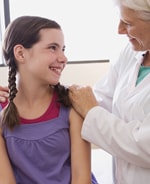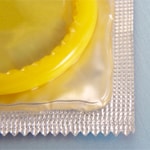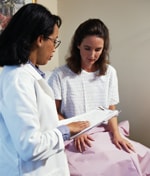Get the Facts

Arm yourself with basic information about STDs: How are these diseases spread? How can you protect yourself? What are the treatment options? Learn the answers to these questions by reading the STD Fact Sheets.
Take Control
You have the facts; now protect yourself and your sexual partners. Effective strategies for reducing STD risk include:

Abstinence:
The most reliable way to avoid infection is to not have sex (i.e., anal, vaginal or oral).

Vaccination:
Vaccines are safe, effective, and recommended ways to prevent hepatitis B and HPV. HPV vaccinesfor males and females can protect against some of the most common types of HPV. It is best to get all three doses (shots) before becoming sexually active. However, HPV vaccines are recommended for all teen girls and women through age 26 and all teen boys and men through age 21, who did not get all three doses of the vaccine when they were younger. You should also get vaccinated for hepatitis B if you were not vaccinated when you were younger.

Mutual monogamy:
Mutual monogamy means that you agree to be sexually active with only one person, who has agreed to be sexually active only with you. Being in a long-term mutually monogamous relationship with an uninfected partner is one of the most reliable ways to avoid STDs. But you must both be certain you are not infected with STDs. It is important to have an open and honest conversation with your partner.

Reduced number of sex partners:
Reducing your number of sex partners can decrease your risk for STDs. It is still important that you and your partner get tested, and that you share your test results with one another.

Condoms:
Correct and consistent use of the male latex condom is highly effective in reducing STD transmission. Use a condom every time you have anal, vaginal, or oral sex.
Put Yourself to the Test

Knowing your STD status is a critical step to stopping STD transmission. If you know you are infected you can take steps to protect yourself and your partners.
Be sure to ask your healthcare provider to test you for STDs — asking is the only way to know whether you are receiving the right tests. And don’t forget to tell your partner to ask a healthcare provider about STD testing as well.
Many STDs can be easily diagnosed and treated. If either you or your partner is infected, both of you need to receive treatment at the same time to avoid getting re-infected.
You can quickly find a place to be tested for STDs by entering your zip code in the form below.
![]() View Fact Sheet »
View Fact Sheet »![]() – Video by Dr. Robyn Neblett Fanfair, Medical Officer in the Division of STD Prevention at the Centers for Disease Control and Prevention, summarizes important facts about genital herpes, including information on how herpes is spread, symptoms of the infection, and ways it is treated and prevented. (April 30, 2013)
– Video by Dr. Robyn Neblett Fanfair, Medical Officer in the Division of STD Prevention at the Centers for Disease Control and Prevention, summarizes important facts about genital herpes, including information on how herpes is spread, symptoms of the infection, and ways it is treated and prevented. (April 30, 2013)









